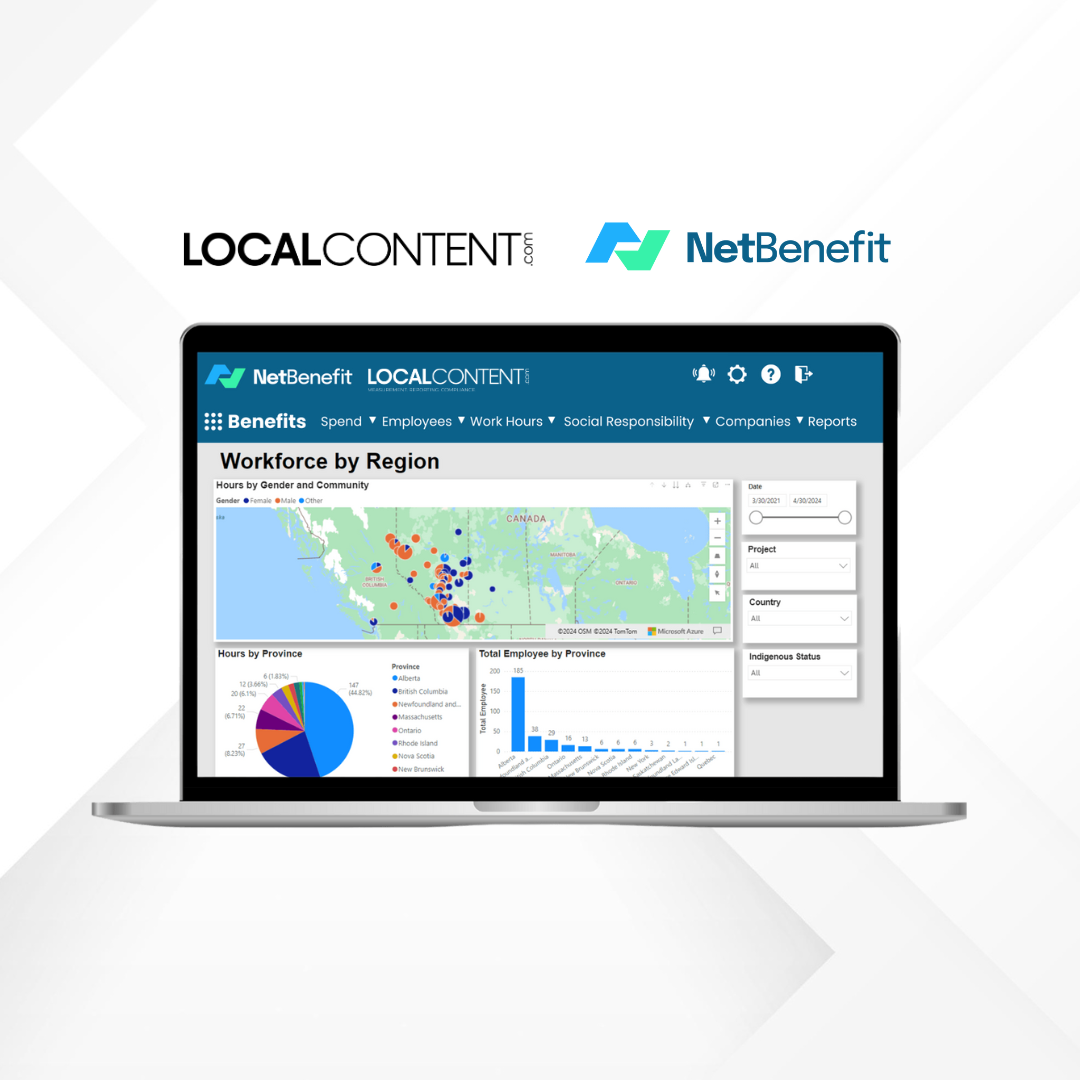(Olypmia, WA) – The Washington State Department of Commerce today announced $48.5 million in grants to 17 projects that will assist people with a wide variety of behavioral health conditions and offer community-based treatment for people leaving Eastern State and Western State hospitals. In total, these investments in 10 counties across Washington will increase the state’s behavioral health capabilities with 106 additional treatment beds, service capacity for more than 3,000 outpatients annually, and two additional spaces.”
“Here in Washington, we believe that everyone should have access to the quality health care they need,” said Commerce Director Mike Fong. “These state investments in behavioral health facilities will increase capacity for communities to serve people close to home, in familiar surroundings – an important component for successful outcomes.”
From a pool of applicants requesting a total of $263 million, grants were awarded to projects seeking funding across three categories:
- Regional needs is a broad category that prioritizes increased service capacity for facilities providing treatment to individuals that will be transitioned or diverted from state hospitals, secure withdrawal management and stabilization treatment, substance use disorder, and other regional behavioral health needs.
- Children and minor youth intends to increase access to community-behavioral health services for individuals under the age of 18, including but not limited to youth crisis intervention, substance use disorder, anxiety or depression, children with behavioral and intellectual or developmental disability needs.
- Intensive behavioral health treatment facilities support individuals that require long-term placement, such as those transitioning from state hospitals, and need additional recovery-based treatment, independent living skills, and community integration.
Grants awarded to serve regional needs:
- Chelan County – $445,850 to Columbia Valley Community Health for the Substance Use Disorder Clinic remodel project in Wenatchee.
- Grays Harbor County – $7.5 million to Quinault Indian Nation for the Quinault Wellness Center Expansion project, Phase 2, in Aberdeen.
“We are ecstatic that the Quinault Wellness Center will be receiving funding for the expansion of our outpatient services,” said Jason Halstead, COO of Quinault Wellness Center. “This support is especially crucial as Grays Harbor County has recently been identified as having the highest rate of opioid-related overdose deaths per capita in the state.”
Halstead said the funding will enable completion of a two-phase construction project, including the expansion of dental, behavioral health, and medical services. Additionally, it will allow for the acquisition of space for administrative offices and patient parking, increasing capacity for outpatient treatment.
“On behalf of the Quinault Wellness Center, we offer our sincerest gratitude to the legislators, state leaders, and the Department of Commerce for making this expansion possible,” he said.
- Island County – $897,000 to CONQUER for the expansion of CONQUER Behavioral Health Services in Oak Harbor
- King County – $773,532 to Therapeutic Health Services for an expansion of its facility in Kent.
- Pierce County – $249,995 to Advanced Mental Health of Washington LLC for The Tacoma Project in Tacoma, provisioning the facility with required infrastructure improvements to obtain its Residential Treatment Facility License.
- Spokane County
- $6 million to MultiCare Foundations for the Deaconess Hospital Inpatient Behavioral Health Unit project in Spokane.
- $1,754,737 to HIP of Spokane County for the Community-Minded Integrated Behavioral Health Substance Use Disorder project in Spokane.
- Stevens County – $2 million to Northeast Washington Alliance Counseling Services (NEWACS) for a Crisis Stabilization Facility in Collville.
- Yakima County – $8,802,000 to Astria Toppenish SHC Medical Center for the Astria Toppenish Hospital Phase 3 Civil Commitment Beds project in Toppenish.
“Currently, there is no licensed residential treatment facility – Crisis Stabilization Facility – in any rural county within the Spokane Regional Service Area,” said David Nielsen, NEWACS Executive Director. ”We are grateful for this grant, and will use the funds to purchase and renovate a building into a 14-bed Crisis Stabilization Facility. The new facility will benefit the rural counties in northeast Washington by bringing stabilization services into a fully licensed residential treatment facility in the heart of the Colville community.”
Grants to serve children and minor youth:
- Clark County – $1.2 million to Children’s Home Society of Washington for the infant-early childhood mental health treatment outpatient services project in Vancouver.
- Columbia County – $1,224,415 to Columbia County Health System for the Columbia County Clinic Addition for Children and Minor Youth in Dayton.
- King County
- $6,392,824 to Evergreen Haven LLC for the Evergreen Haven Residential Crisis Stabilization Program for children and minor youth project in Kent.
- $3,031,548 to Ryther for the Ryther Facility Renovations for Intensive Outpatient and Partial Hospitalization project in Seattle.
- Pierce County
- $3.5 million to Consejo Counseling and Referral Service for the Graham Facility Construction project (outpatient behavioral health services for children and minor youth) in Graham.
- $1,664,911 to Mary Bridge Children’s Hospital for the Inpatient Emotional Disturbance Reduced Risk Rooms for Children and Minor Youth Behavioral Health Crisis project in Tacoma
- Spokane County – $445,850 to Liberty Lake Couple and Family Therapy, LLC for the Family Therapy Clinic project in Spokane.
Funding for intensive behavioral health treatment facilities:
- Spokane County – $2.5 million to Regal Care Residential for construction of a new facility in Spokane.
All of these investments support Gov. Inslee’s five-year plan to modernize and transform Washington’s mental health system, with the goal of ending civil patient placements at the state’s large hospitals in favor of smaller community-based facilities.
Commerce awarded the grants through a competitive process. The funds are for capital construction and equipment costs associated with establishing the facilities, and awardees must maintain and operate the beds or facility for the proposed purpose for at least 10 years.
Since its creation, the state Behavioral Health Facilities program administered by Commerce has awarded nearly $730 million in capital to finance more than 2,900 treatment beds and 53 outpatient facilities statewide. The program supports community providers by helping them to construct, renovate or acquire property to expand capacity for behavioral health support facilities. An advisory group of providers and the state Department of Health, Department of Social and Health Services, and the Health Care Authority review and support funding decisions.










